
The Final Shock: 10 Unforgettable Movie Endings That Left Audiences Stunned
In the world of cinema, a wellcrafted ending can elevate a movie from good to unforgettable. Some films have mastered this art, delivering shocking finales that leave audiences stunned, pondering the meaning, and, in some cases, reshaping the entire narrative that preceded them. Here are ten movies known for their jawdropping endings that caught viewers completely off guard:
 "Oldboy" (2003) - This South Korean neo-noir action thriller directed by Park Chan-wook offers one of the most disturbing twists in cinema. The protagonist's realization that he has been manipulated into an incestuous relationship with his daughter is a harrowing and unexpected conclusion that left viewers stunned.
"Oldboy" (2003) - This South Korean neo-noir action thriller directed by Park Chan-wook offers one of the most disturbing twists in cinema. The protagonist's realization that he has been manipulated into an incestuous relationship with his daughter is a harrowing and unexpected conclusion that left viewers stunned.
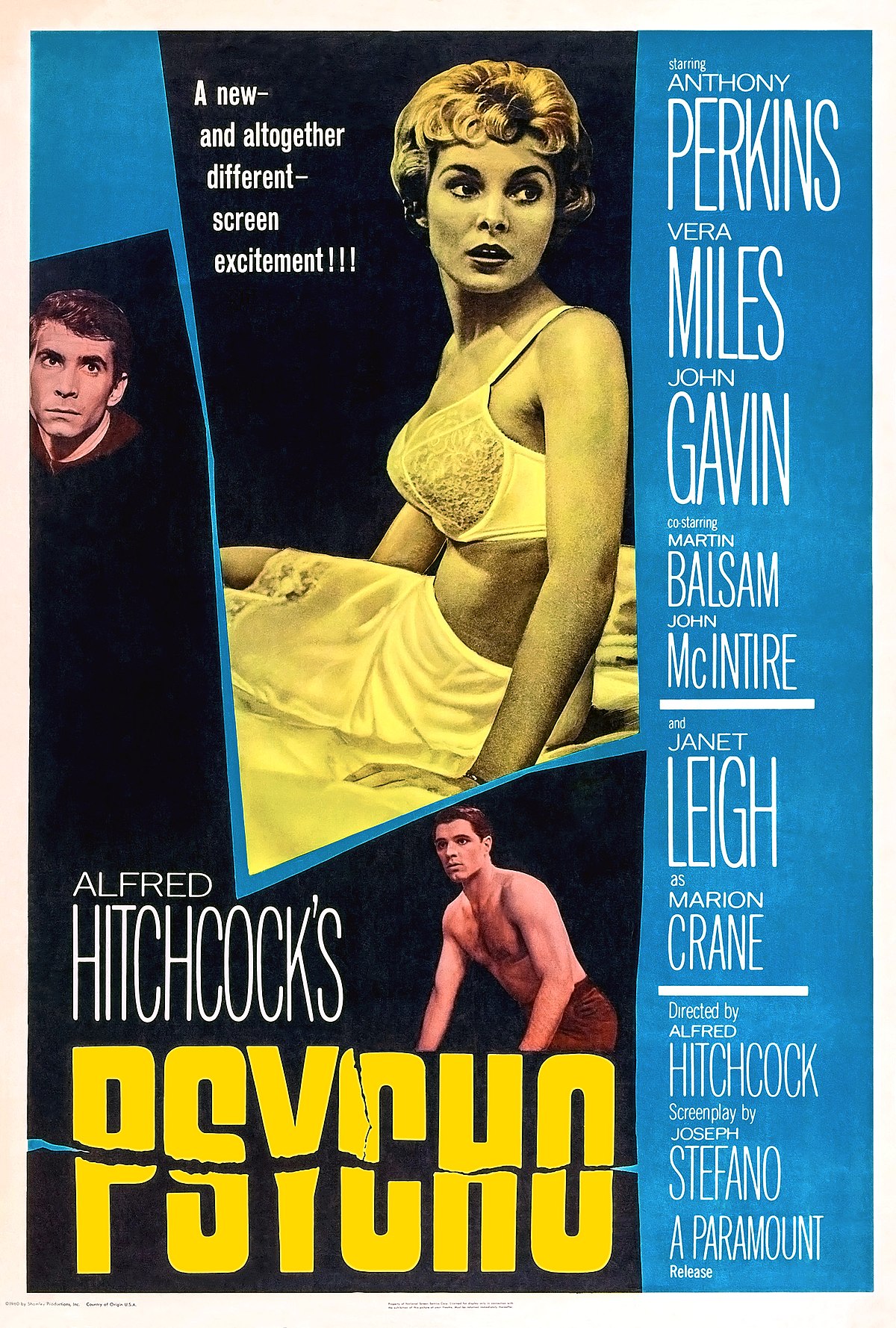 "Psycho" (1960) - Directed by Alfred Hitchcock, "Psycho" shocked audiences with its reveal that Norman Bates (Anthony Perkins) was not only the killer but had also developed a split personality embodying his deceased mother. This twist challenged narrative conventions and audience expectations, making "Psycho" a landmark in cinematic history.
"Psycho" (1960) - Directed by Alfred Hitchcock, "Psycho" shocked audiences with its reveal that Norman Bates (Anthony Perkins) was not only the killer but had also developed a split personality embodying his deceased mother. This twist challenged narrative conventions and audience expectations, making "Psycho" a landmark in cinematic history.
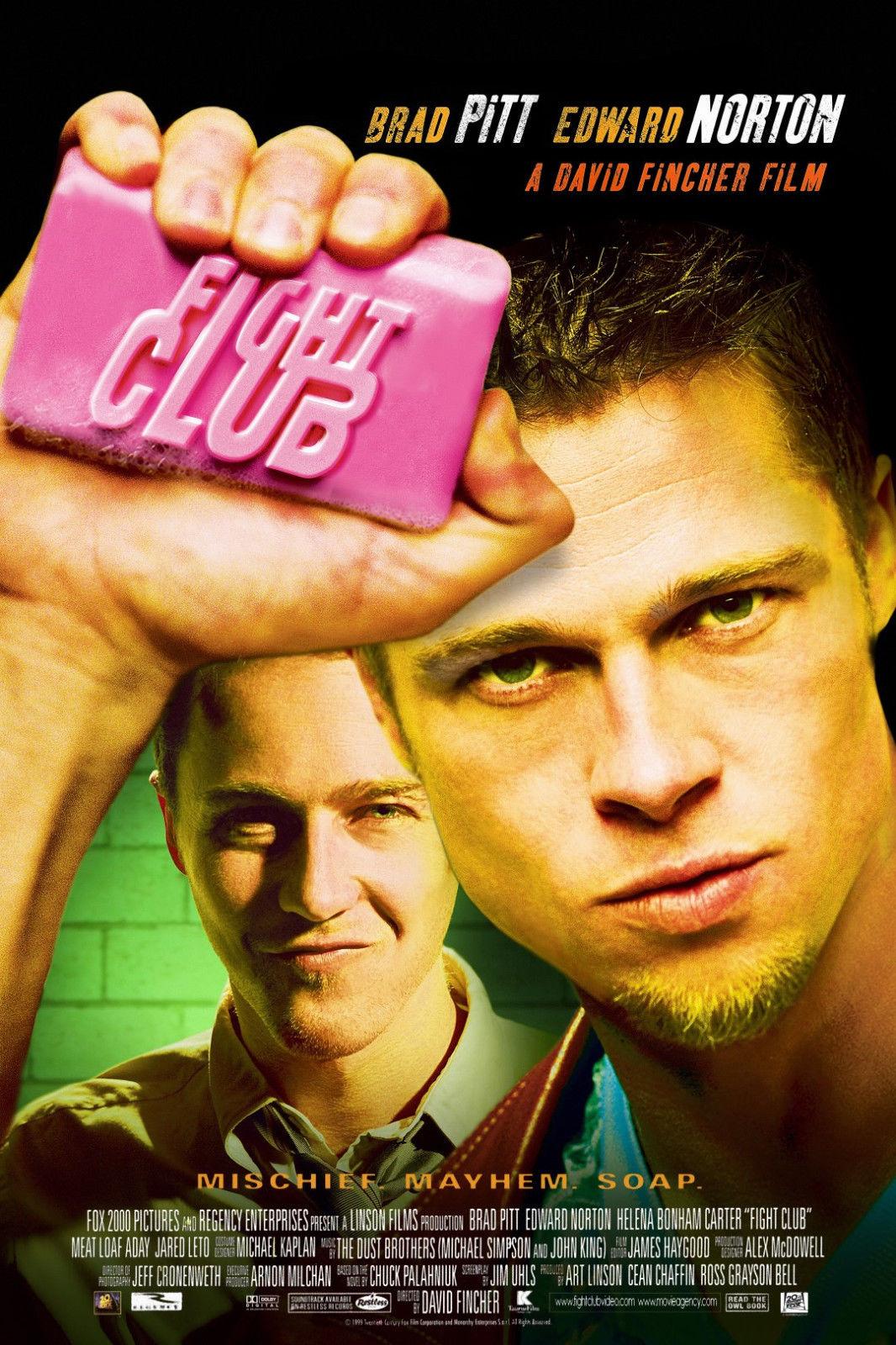 "Fight Club" (1999) - Directed by David Fincher, "Fight Club" ends on a note that flips the entire narrative on its head. The discovery that the seemingly separate lives of the narrator (Edward Norton) and Tyler Durden (Brad Pitt) are the manifestations of a single person's fractured psyche was a plot twist that left audiences reeling.
"Fight Club" (1999) - Directed by David Fincher, "Fight Club" ends on a note that flips the entire narrative on its head. The discovery that the seemingly separate lives of the narrator (Edward Norton) and Tyler Durden (Brad Pitt) are the manifestations of a single person's fractured psyche was a plot twist that left audiences reeling.
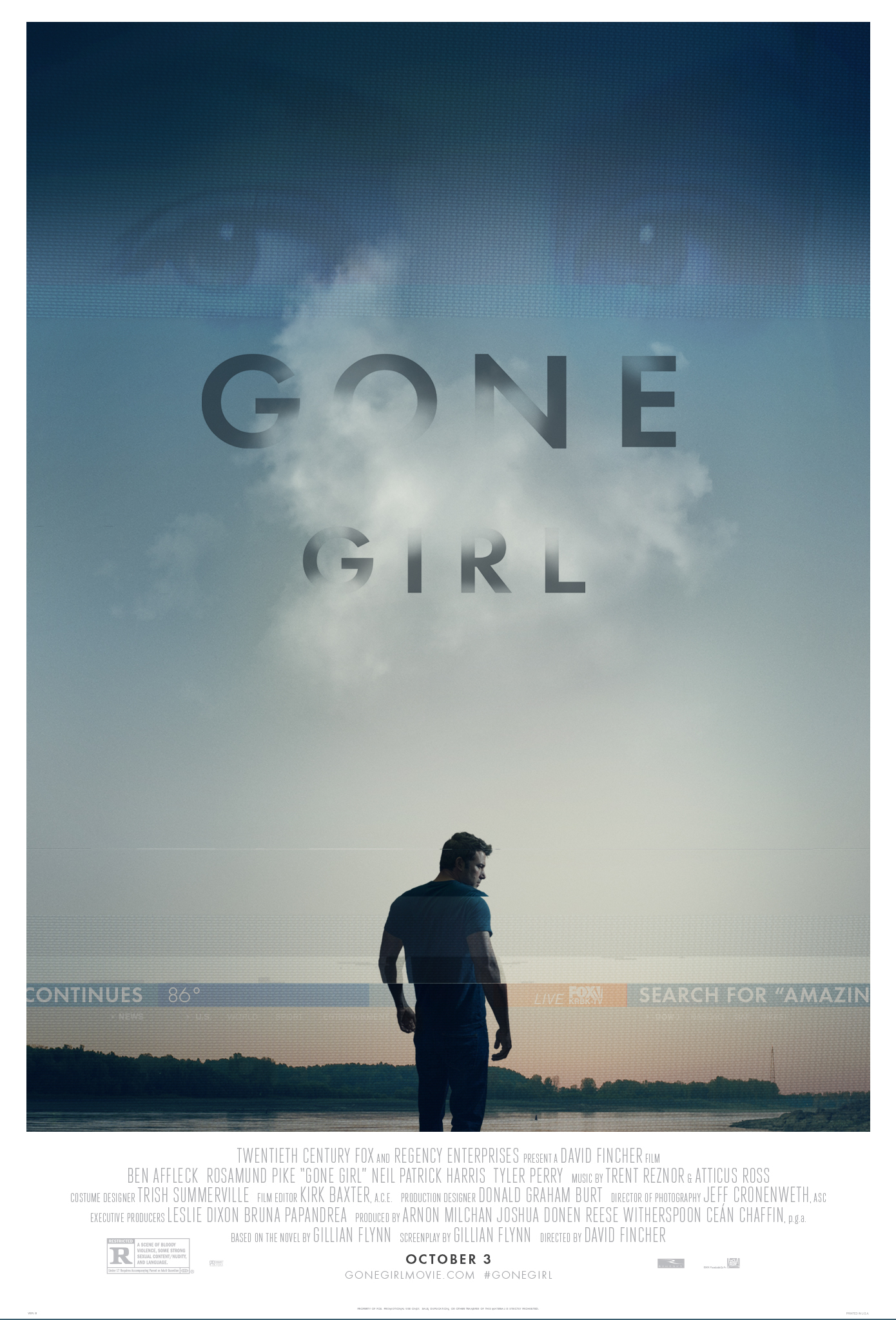 "Gone Girl" (2014) - Directed by David Fincher, this psychological thriller unfolds the complex narrative of Nick Dunne (Ben Affleck) and his missing wife, Amy (Rosamund Pike). The twist that Amy orchestrated her disappearance and framed Nick reveals the dark and unpredictable nature of the characters, leaving the audience in disbelief.
"Gone Girl" (2014) - Directed by David Fincher, this psychological thriller unfolds the complex narrative of Nick Dunne (Ben Affleck) and his missing wife, Amy (Rosamund Pike). The twist that Amy orchestrated her disappearance and framed Nick reveals the dark and unpredictable nature of the characters, leaving the audience in disbelief.
 "Shutter Island" (2010) - Directed by Martin Scorsese, this psychological thriller's climax reveals that U.S. Marshal Teddy Daniels (Leonardo DiCaprio) is actually a patient on Shutter Island, deluded into thinking he's investigating the facility. This twist recontextualizes the entire film, showcasing Scorsese's mastery of narrative and suspense.
"Shutter Island" (2010) - Directed by Martin Scorsese, this psychological thriller's climax reveals that U.S. Marshal Teddy Daniels (Leonardo DiCaprio) is actually a patient on Shutter Island, deluded into thinking he's investigating the facility. This twist recontextualizes the entire film, showcasing Scorsese's mastery of narrative and suspense.
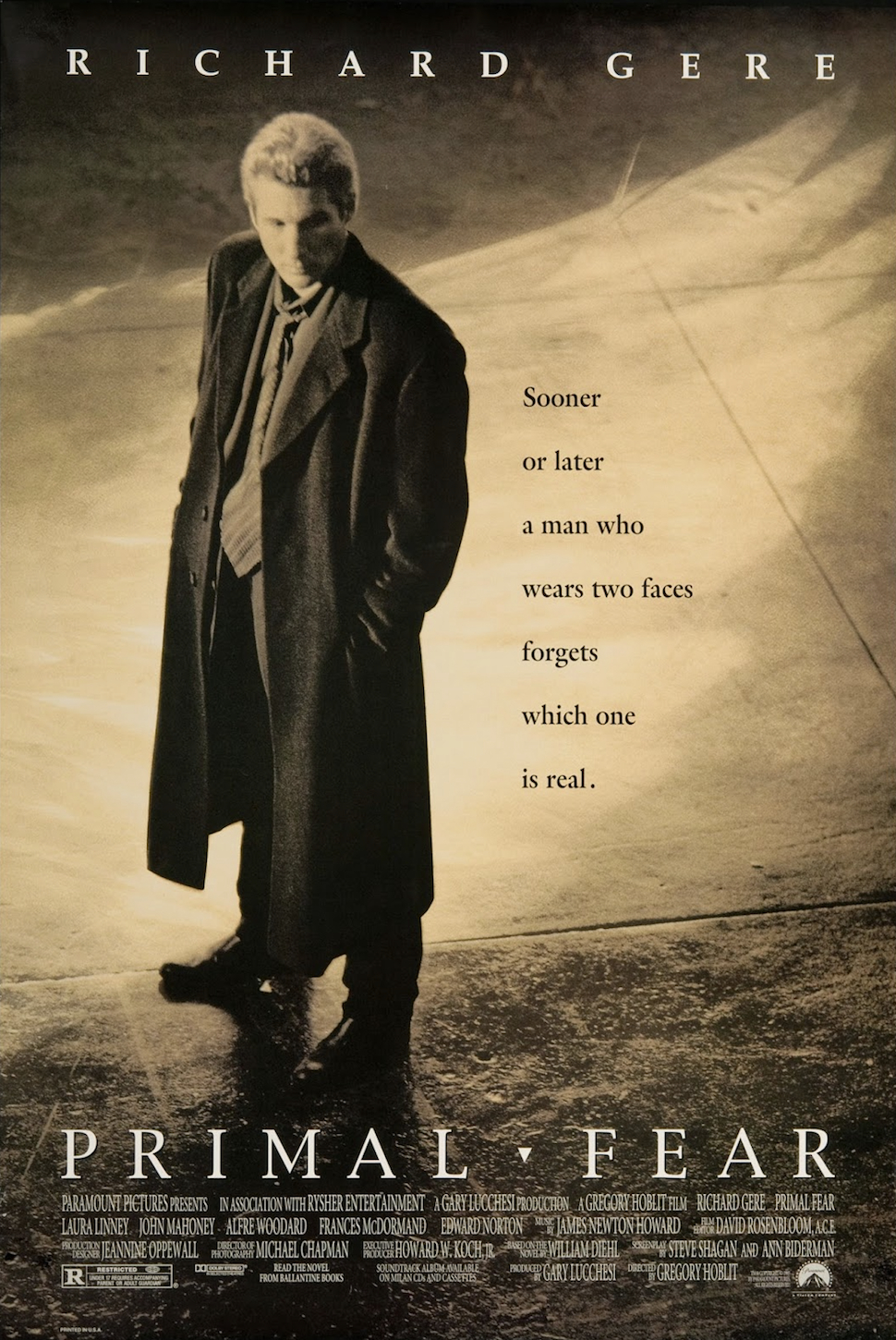 "Primal Fear" (1996) - This legal drama stars Edward Norton as an altar boy accused of murder, who exhibits a split personality. The film's climax reveals that Norton's character was faking his alter ego the entire time, a twist that not only secures his acquittal but also shocks the audience and his defense attorney (Richard Gere).
"Primal Fear" (1996) - This legal drama stars Edward Norton as an altar boy accused of murder, who exhibits a split personality. The film's climax reveals that Norton's character was faking his alter ego the entire time, a twist that not only secures his acquittal but also shocks the audience and his defense attorney (Richard Gere).
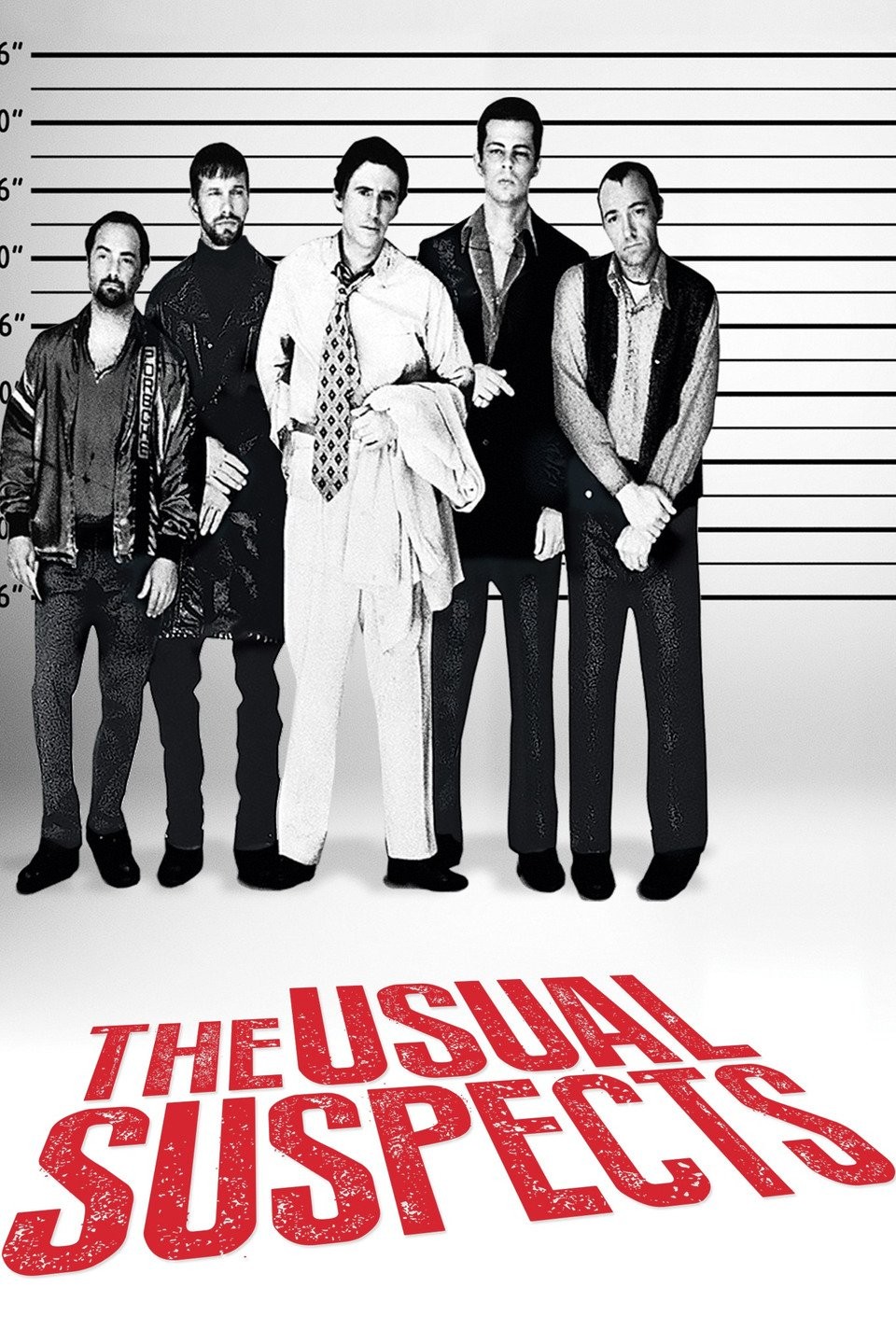 "The Usual Suspects" (1995) - The reveal that Kevin Spacey’s character, Verbal Kint, is actually the elusive criminal mastermind Keyser Söze was a twist that left audiences and characters alike in disbelief. Directed by Bryan Singer, this film is a masterclass in storytelling and misdirection.
"The Usual Suspects" (1995) - The reveal that Kevin Spacey’s character, Verbal Kint, is actually the elusive criminal mastermind Keyser Söze was a twist that left audiences and characters alike in disbelief. Directed by Bryan Singer, this film is a masterclass in storytelling and misdirection.
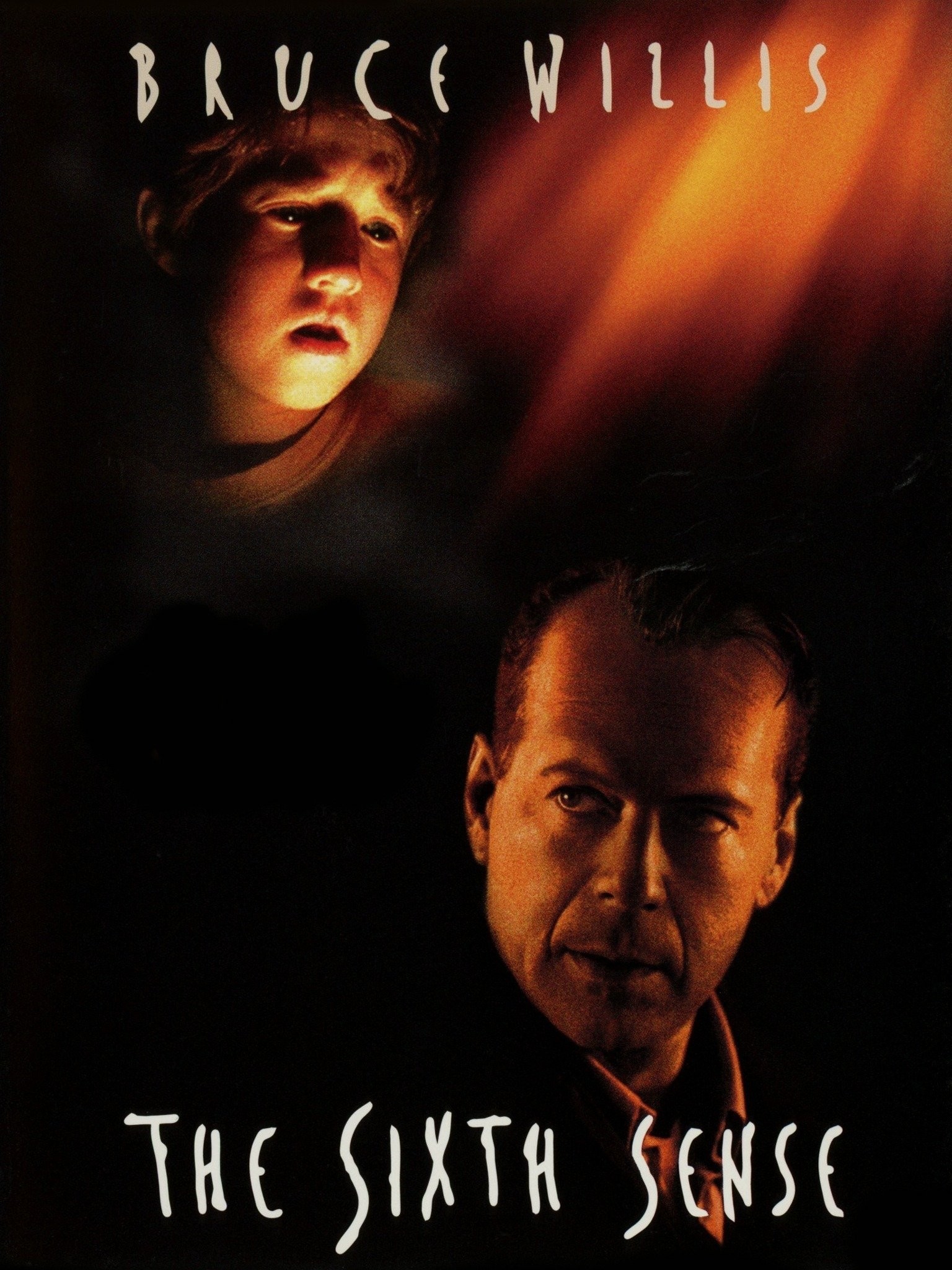 "The Sixth Sense" (1999) - Directed by M. Night Shyamalan, this psychological thriller is perhaps the most iconic example of a shocking twist. The revelation that Dr. Malcolm Crowe (played by Bruce Willis) has been dead all along, unbeknownst to both him and the audience, redefined twist endings for modern cinema.
"The Sixth Sense" (1999) - Directed by M. Night Shyamalan, this psychological thriller is perhaps the most iconic example of a shocking twist. The revelation that Dr. Malcolm Crowe (played by Bruce Willis) has been dead all along, unbeknownst to both him and the audience, redefined twist endings for modern cinema.
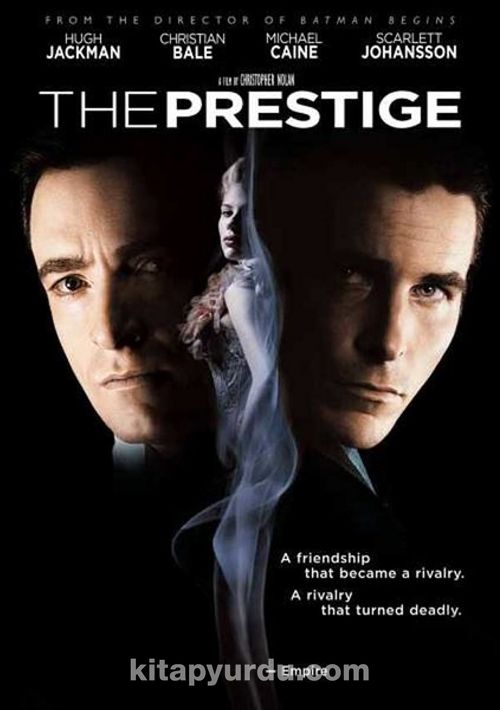 "The Prestige" (2006) - Directed by Christopher Nolan, "The Prestige" centers on rival magicians in Victorian London. The film’s climax reveals the lengths to which Robert Angier (Hugh Jackman) goes to best Alfred Borden (Christian Bale), involving clones and a tragic cycle of death. The revelation of Borden's own secret—his "twin" being a part of his act—adds another layer of shock.
"The Prestige" (2006) - Directed by Christopher Nolan, "The Prestige" centers on rival magicians in Victorian London. The film’s climax reveals the lengths to which Robert Angier (Hugh Jackman) goes to best Alfred Borden (Christian Bale), involving clones and a tragic cycle of death. The revelation of Borden's own secret—his "twin" being a part of his act—adds another layer of shock.
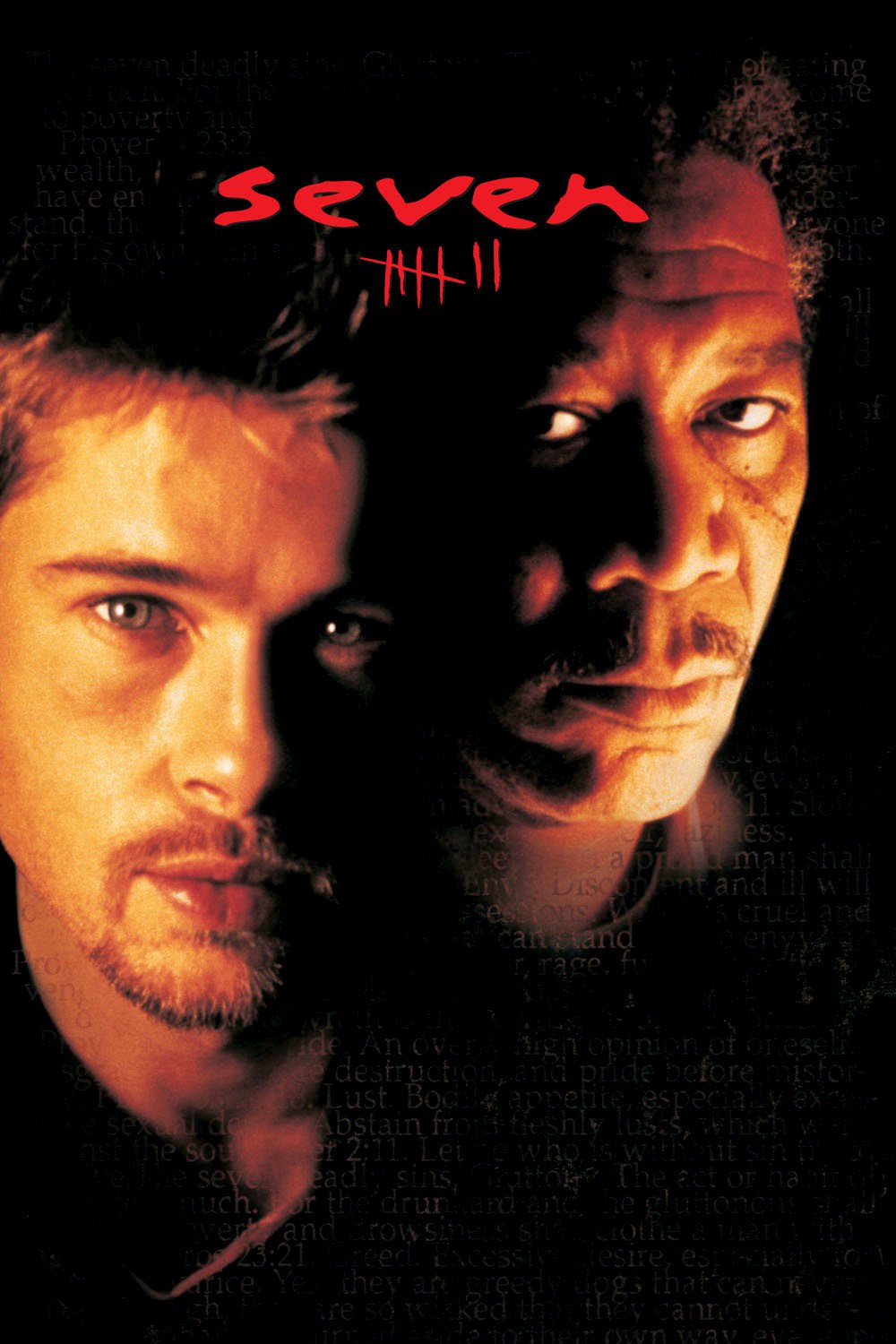 "Se7en" (1995) - Another Fincher classic, "Se7en" concludes with a grim and unforgettable twist. The final sin, envy, culminates in a devastating act involving a box, the killer John Doe (Kevin Spacey), Detective Mills (Brad Pitt), and his wife. The ending is as shocking as it is tragic, cementing "Se7en" as a masterpiece of the thriller genre.
"Se7en" (1995) - Another Fincher classic, "Se7en" concludes with a grim and unforgettable twist. The final sin, envy, culminates in a devastating act involving a box, the killer John Doe (Kevin Spacey), Detective Mills (Brad Pitt), and his wife. The ending is as shocking as it is tragic, cementing "Se7en" as a masterpiece of the thriller genre.These movies exemplify how a shocking ending can be a powerful storytelling tool, leaving a lasting impact on the audience and often redefining the genre in the process.
Reklamlar
27 Mart 2024
Reklamlar


